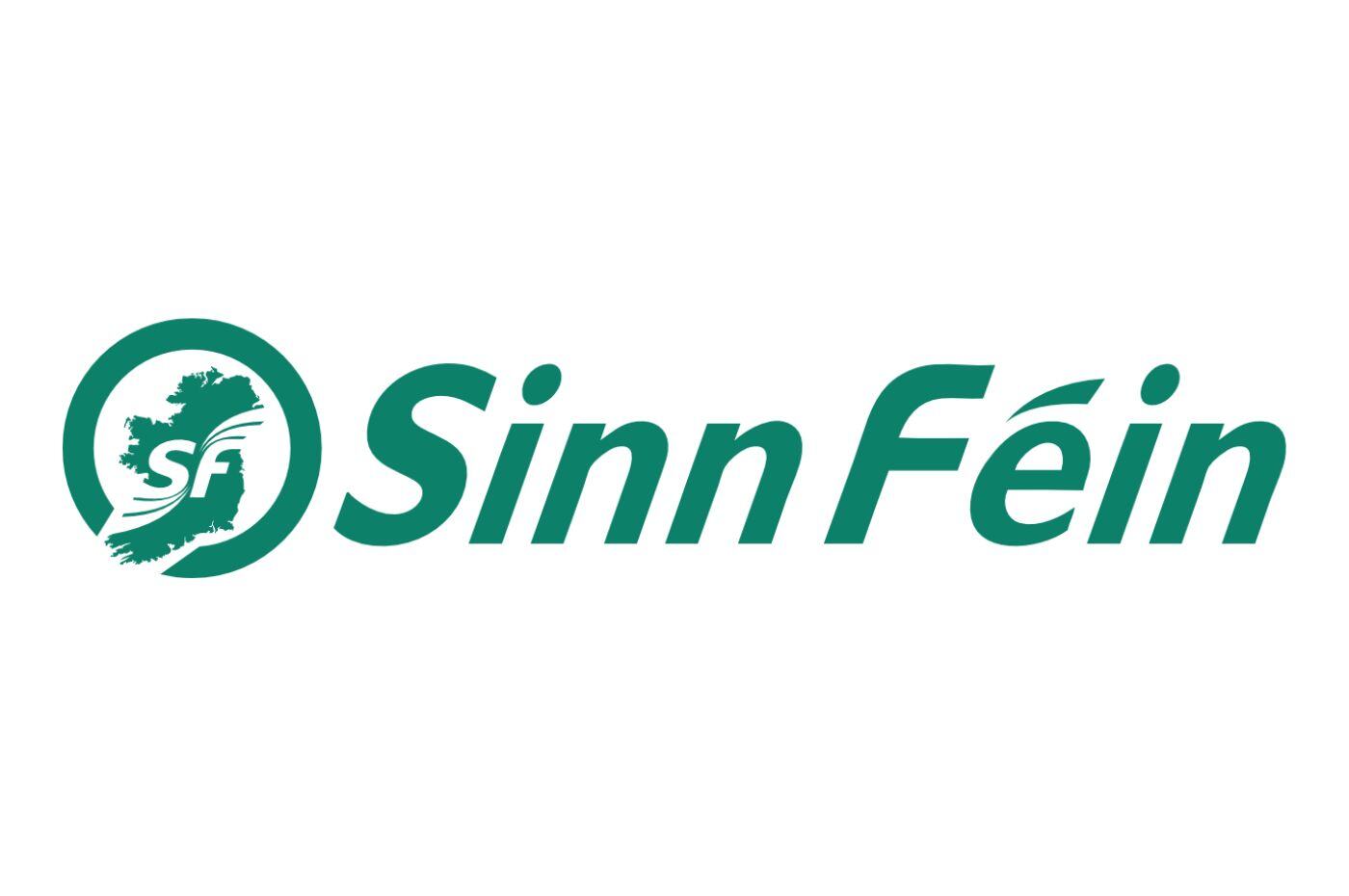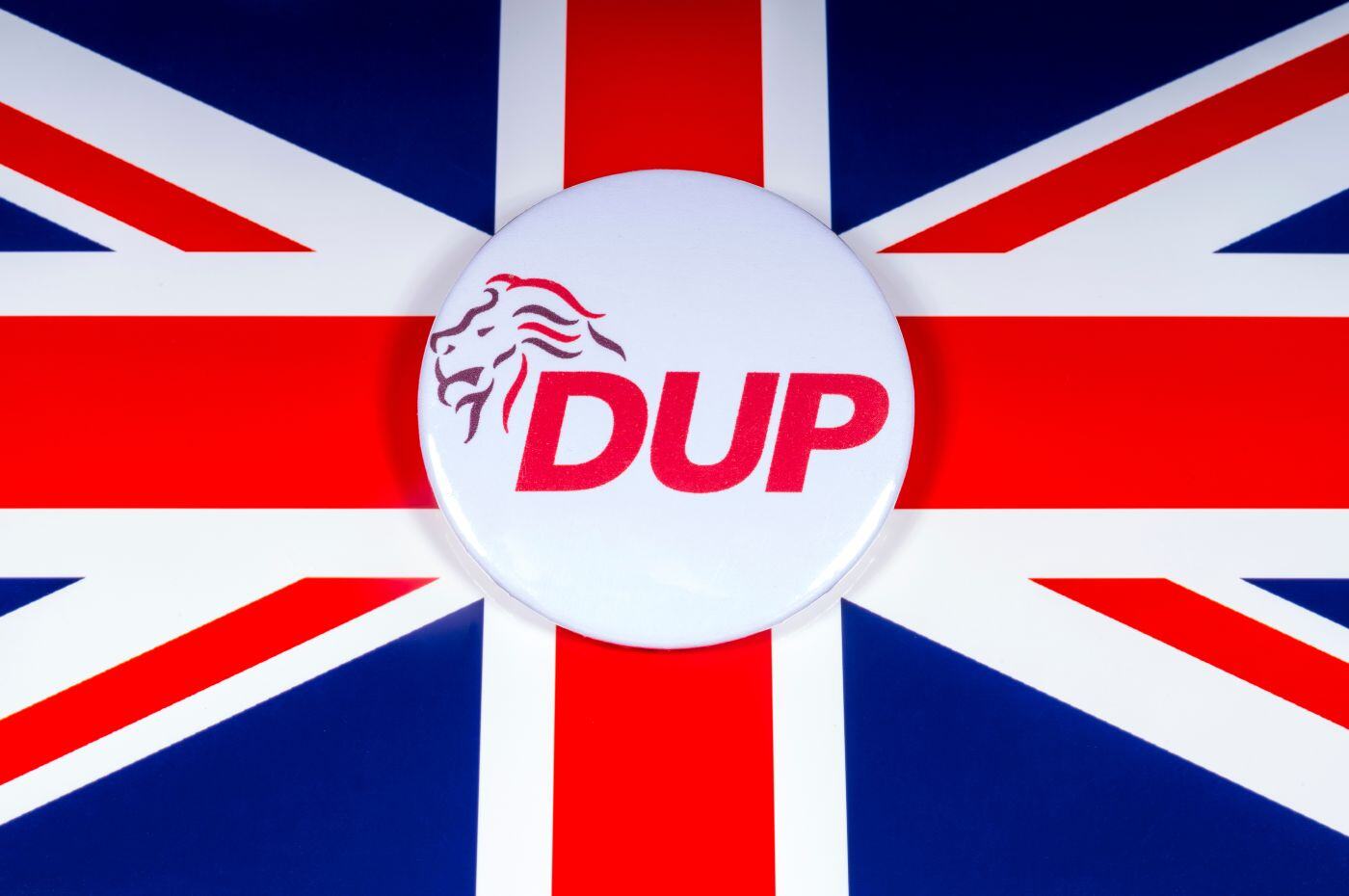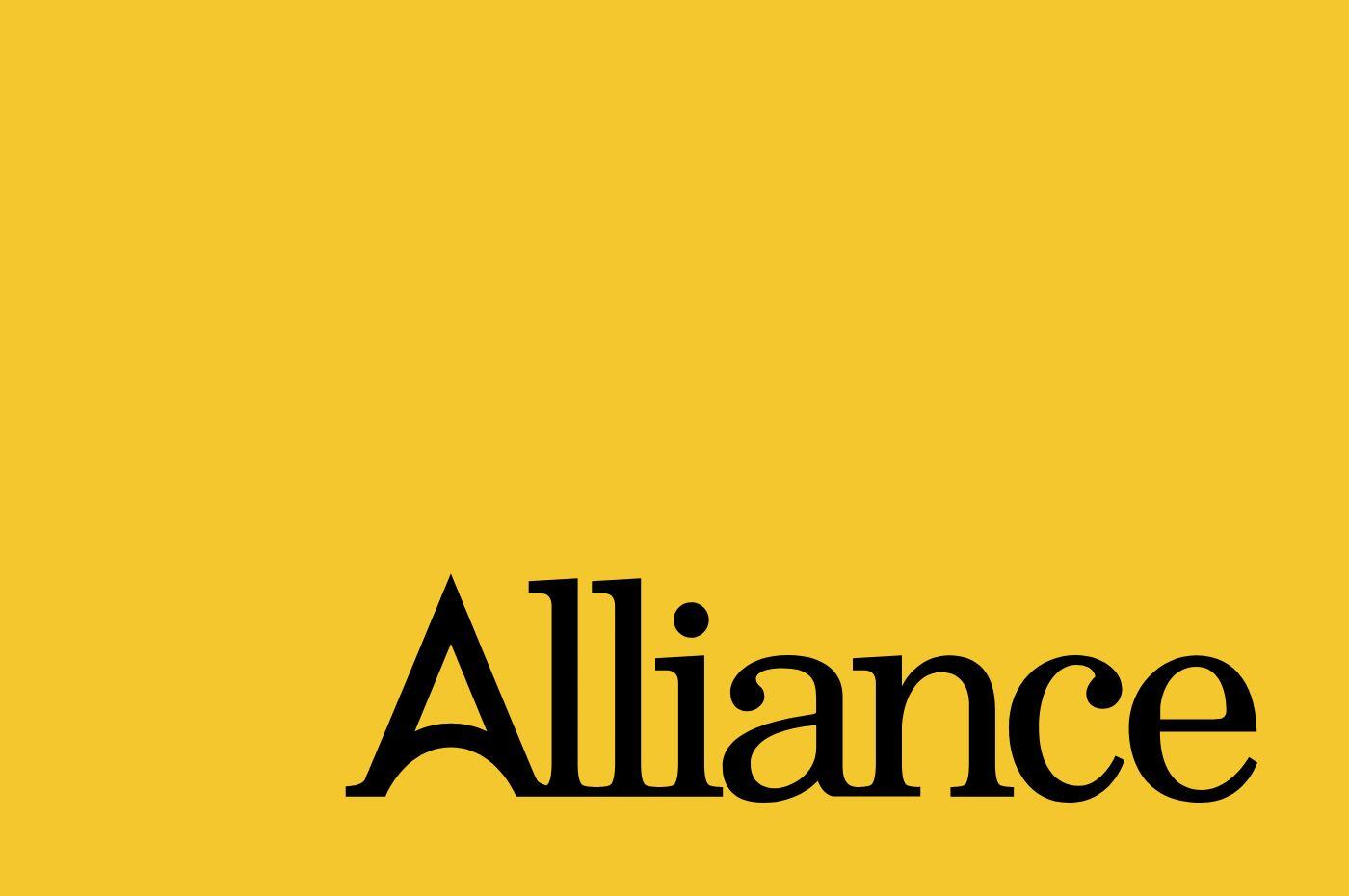Our analysis of the Sinn Fein manifesto
Sinn Fein does not take its seats at Westminster, a longstanding policy....
View DetailsSNP Manifesto 2024
The SNP has become the last of the seven major UK political parties to publish its general election manifesto. As promised by his recently deposed predecessor, line one of John Swinney’s manifesto asks Scots to vote SNP for Scotland to become an independent country, although line one of its section on Brexit insists that that country should then seek to re-join the EU.
Like Plaid Cymru, the SNP faces the quandary that many of the policy areas it might wish to comment on in this type of publication are devolved. They are not, in the constituencies where it is standing, the responsibly of the UK but rather the Scottish Parliament, which is next scheduled to be elected in May 2026. The SNP itself forms the Scottish Government for the time being. As a result, the manifesto has little to say on the distinctly devolved issues of policing, crime and animal welfare, but the following is a summary of its positions on other issues of interest to rural communities.
Climate Action and Energy: The SNP aims to modernise the Contracts for Difference scheme to ensure the steady development of Scotland’s renewable energy projects. It pledges to support the North East in transitioning from oil and gas industries as these sectors naturally decline, rule out new nuclear power plants and seeks to promote Scotland's hydrogen export potential. The party plans to ban new coal mining licences and provide fair funding for the restoration and planting of peatlands and trees.
Natural Environment: A key policy is to seek the devolution of control over natural energy resources, and then within Scotland to allow local communities to benefit more directly from housing infrastructure such as wind farms and pylons.
Food and Farming: The SNP commits to increasing farming funding to at least pre-Brexit levels, ensuring financial stability through multi-annual frameworks. It advocates for a veterinary agreement with the EU to streamline trade and seeks to demand what it terms a fair share for Scotland of marine funding. The party also aims to prioritise Scotland’s fishing needs by reassessing EU agreements on quotas and trade, maintaining that its long-term goal of rejoining the EU would enhance funding for farming, fishing and other rural sectors.
Housing: To address rural housing challenges, the SNP proposes combining the Warm Home Discount and Energy Company Obligation into a single, flexible scheme tailored to Scotland's fuel poverty definition. It also aims to introduce fair energy pricing and rebates for Highland and Islands residents, seek the devolution of Housing Benefit and Local Housing Allowance so it can innovate in social housing delivery, and stimulate investment in house building.
Communities and Local Government: The party plans to pilot a rural visa scheme to address labour shortages exacerbated by Brexit and restrictive immigration policies, ensuring rural areas have access to necessary workforce resources.
Transport: The SNP supports devolving railways, including ownership of Network Rail Scotland, to improve transport infrastructure. It advocates for a fair and affordable transition to zero-emission transport fuels, banning the import and sale of new non-zero-emission buses by 2025, and establishing a Low Income EV Car Leasing Fund to encourage cleaner vehicle usage. Recognising the unique challenges of rural areas, it also plans to invest in safer roads while acknowledging that these regions cannot reduce emissions at the same pace as urban areas.
The Countryside Alliance has been reviewing and communicating the rural impacts of all major parties’ manifestos, setting the agenda on rural policy through the general election and beyond. This article marks the last in that series and we will also be making available a tool that will allow comparison between the UK-wide parties’ manifestos in relation to the policies we have been focusing on. To support our work, please consider joining the Countryside Alliance today.

Sinn Fein does not take its seats at Westminster, a longstanding policy....
View Details
Countryside Alliance Ireland members and supporters will be pleased with the...
View Details
With all polls pointing to the possibility of the Alliance Party sending three...
View DetailsSNP Manifesto 2024
The SNP has become the last of the seven major UK political parties to publish its general election manifesto. As promised by his recently deposed predecessor, line one of John Swinney’s manifesto asks Scots to vote SNP for Scotland to become an independent country, although line one of its section on Brexit insists that that country should then seek to re-join the EU.
Like Plaid Cymru, the SNP faces the quandary that many of the policy areas it might wish to comment on in this type of publication are devolved. They are not, in the constituencies where it is standing, the responsibly of the UK but rather the Scottish Parliament, which is next scheduled to be elected in May 2026. The SNP itself forms the Scottish Government for the time being. As a result, the manifesto has little to say on the distinctly devolved issues of policing, crime and animal welfare, but the following is a summary of its positions on other issues of interest to rural communities.
Climate Action and Energy: The SNP aims to modernise the Contracts for Difference scheme to ensure the steady development of Scotland’s renewable energy projects. It pledges to support the North East in transitioning from oil and gas industries as these sectors naturally decline, rule out new nuclear power plants and seeks to promote Scotland's hydrogen export potential. The party plans to ban new coal mining licences and provide fair funding for the restoration and planting of peatlands and trees.
Natural Environment: A key policy is to seek the devolution of control over natural energy resources, and then within Scotland to allow local communities to benefit more directly from housing infrastructure such as wind farms and pylons.
Food and Farming: The SNP commits to increasing farming funding to at least pre-Brexit levels, ensuring financial stability through multi-annual frameworks. It advocates for a veterinary agreement with the EU to streamline trade and seeks to demand what it terms a fair share for Scotland of marine funding. The party also aims to prioritise Scotland’s fishing needs by reassessing EU agreements on quotas and trade, maintaining that its long-term goal of rejoining the EU would enhance funding for farming, fishing and other rural sectors.
Housing: To address rural housing challenges, the SNP proposes combining the Warm Home Discount and Energy Company Obligation into a single, flexible scheme tailored to Scotland's fuel poverty definition. It also aims to introduce fair energy pricing and rebates for Highland and Islands residents, seek the devolution of Housing Benefit and Local Housing Allowance so it can innovate in social housing delivery, and stimulate investment in house building.
Communities and Local Government: The party plans to pilot a rural visa scheme to address labour shortages exacerbated by Brexit and restrictive immigration policies, ensuring rural areas have access to necessary workforce resources.
Transport: The SNP supports devolving railways, including ownership of Network Rail Scotland, to improve transport infrastructure. It advocates for a fair and affordable transition to zero-emission transport fuels, banning the import and sale of new non-zero-emission buses by 2025, and establishing a Low Income EV Car Leasing Fund to encourage cleaner vehicle usage. Recognising the unique challenges of rural areas, it also plans to invest in safer roads while acknowledging that these regions cannot reduce emissions at the same pace as urban areas.
The Countryside Alliance has been reviewing and communicating the rural impacts of all major parties’ manifestos, setting the agenda on rural policy through the general election and beyond. This article marks the last in that series and we will also be making available a tool that will allow comparison between the UK-wide parties’ manifestos in relation to the policies we have been focusing on. To support our work, please consider joining the Countryside Alliance today.
![[Political, General Election 2024]](https://www.countryside-alliance.org/hs-fs/hubfs/Reform%20UK%20Logo%20(1).png?width=365&name=Reform%20UK%20Logo%20(1).png)
Reform UK Manifesto 2024 Reform UK has become the last significant UK-wide party to publish its...
about this blogRead more![[Political, Northern Ireland, General Election 2024]](https://www.countryside-alliance.org/hs-fs/hubfs/Political/Alliance%20Party%20NI%20logo_1400x930px.jpg?width=365&name=Alliance%20Party%20NI%20logo_1400x930px.jpg)
With all polls pointing to the possibility of the Alliance Party sending three MPs to Westminster...
about this blogRead more![[Political, General Election 2024]](https://www.countryside-alliance.org/hs-fs/hubfs/Shutterstock_Green%20Party%20Manifesto_June%202024_1000x667px.jpg?width=365&name=Shutterstock_Green%20Party%20Manifesto_June%202024_1000x667px.jpg)
Green Party Manifesto 2024 Manifesto launches continue with the Green Party issuing its prospectus...
about this blogRead more